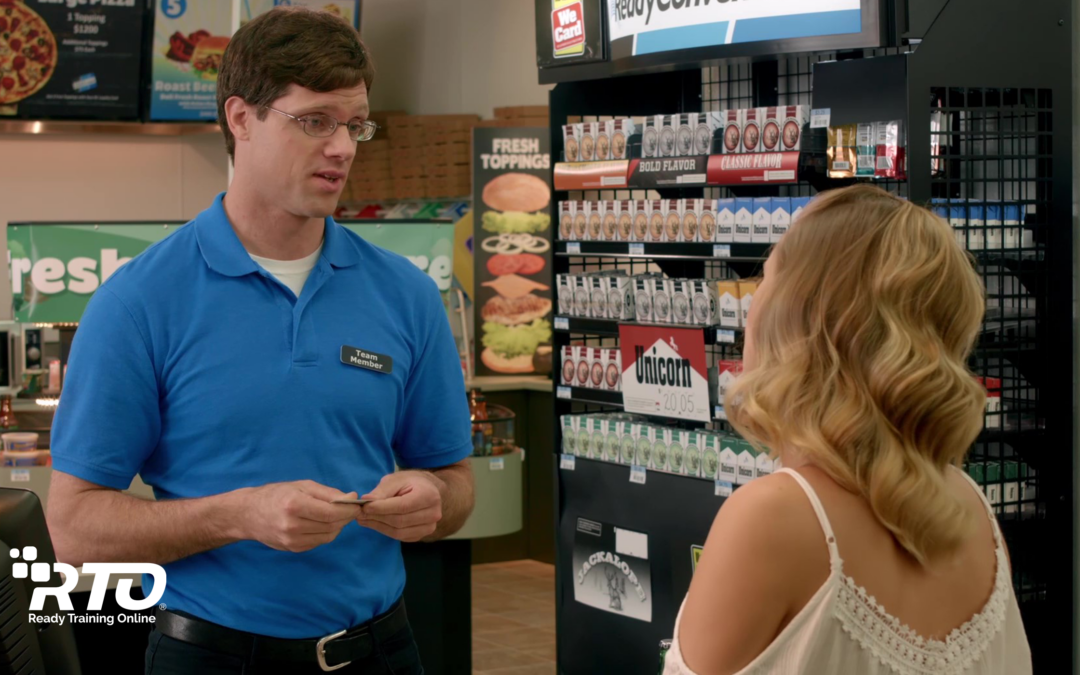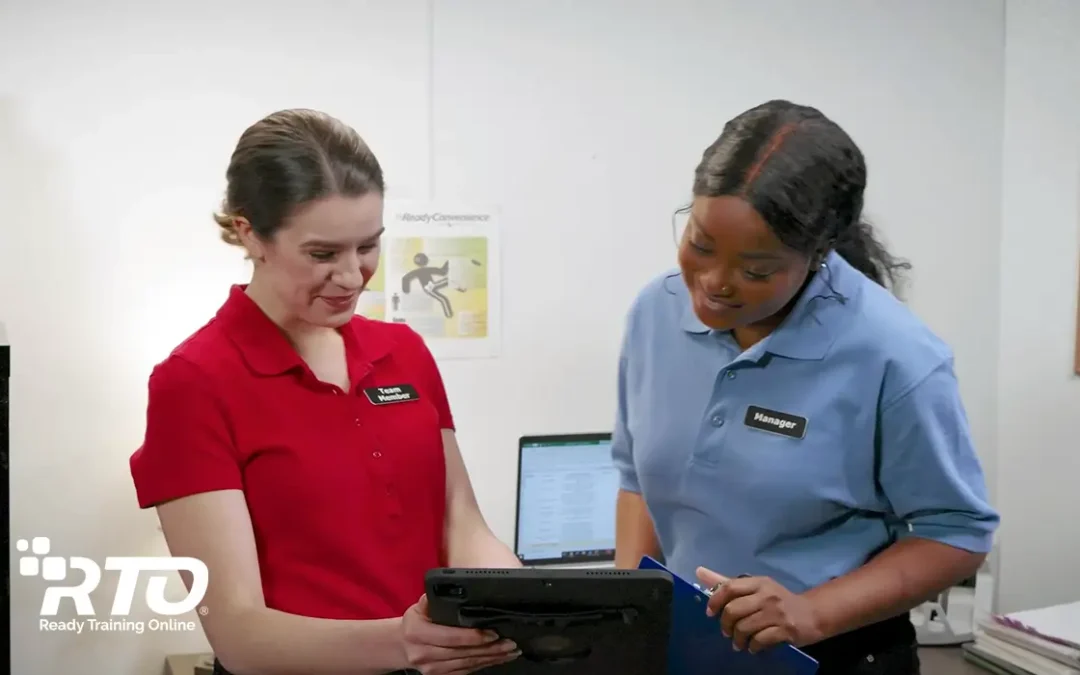The key to making smart investments is to manage risk versus reward. This is true in financial markets, and also in everyday business. For example, if you are looking at investing in a new piece of foodservice equipment, you’ll want to weigh the risk (how much it will cost) against the reward (how much it will increase sales). Risk versus reward is assessed over time. This same formula can be applied to issues related to your convenience store employees. After all, your staff is your greatest asset.
The Risk Versus Reward of Employee Training
Minimizing Risks
It’s true, training isn’t free. There is a cost – indeed, a risk – associated with all forms of training. Whether you’re training online, in a classroom, as part of a team meeting, or on the job, training requires resources that have costs associated with them. There are ways to reduce these costs and, therefore, reduce your risks. Defining actionable training goals, using technology and online training to reduce costs, and creating an effective training environment will all reduce the risk of your training investment.
Another way to reduce your risk is by changing your approach to staffing. When interviewing and hiring, do you focus on aptitude or attitude? Skills can be developed. You’ll reduce your training risk when you bring in employees with some job experience, then teach them the rest. But without a good attitude, they won’t be as open to learning more, being coached, and applying themselves.
Maximizing Rewards
The rewards of a well-trained staff touch every part of your business. Consider these benefits of training:
- Improved customer service. Training on service, sales, and safety are essential to ensuring your customers come back again and again.
- Reduced turnover. When you treat your employees like an investment, they’ll pay you back by sticking around. A training program based on career progression will help you nurture employees to build their careers with your company.
- Improved teamwork and morale. Training programs create a positive culture. When you have a well-trained staff, you’re creating a culture where employees know they are valued. Their positive attitudes will show through to customers.
When you implement an effective training program, the rewards outweigh the risks not just today, but well into the future.
Convenience Store Training
The right training prepares your employees for the challenges they face on the job. Our convenience store training programs teach the skills your employees need to succeed.





